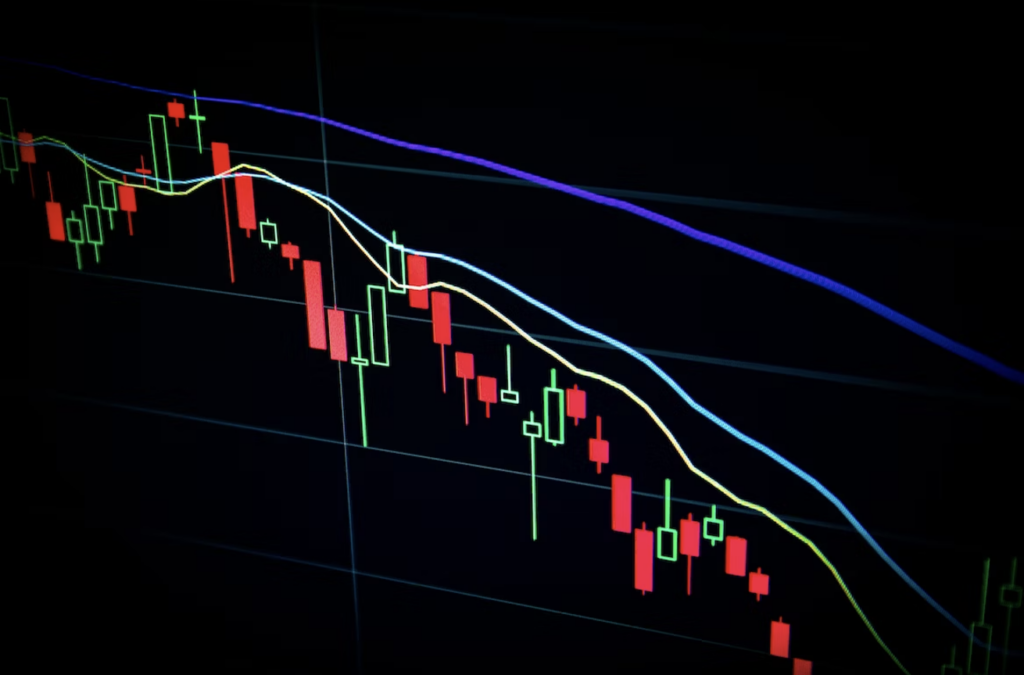Trading is an activity that involves buying and selling assets with the aim of generating profits. There are several types of assets that can be traded, including stocks, bonds, currencies, and commodities. Traders can select the assets that work for their trading goals, and then choose the brokers and platforms to start trading. However, it is important to first understand the basics of this activity.
If you are new to trading, it is crucial that you take advantage of all the educational resources available to you. From learning how the market works to comparing different brokers on TrustedBrokerReviews, knowledge is the key to successful trades. In this article, we will provide a brief overview of trading basics, including the types of markets, types of assets that can be traded, what brokers are, and how trading is regulated.

https://unsplash.com/photos/fiXLQXAhCfk
Types of Markets
Trading takes place in two primary types of markets: the primary market and the secondary market.
- The primary market is where companies issue new securities, such as stocks and bonds, to raise capital. In the primary market, the securities are sold directly to initial investors, such as institutional investors, investment banks, or wealthy individuals. These investors may then hold onto the securities or sell them in the secondary market to other investors.
- The secondary market, on the other hand, is where already-issued securities are bought and sold between investors. This includes stock markets such as the New York Stock Exchange (NYSE), NASDAQ, and the Tokyo Stock Exchange.
Types of Assets that Can Be Traded
Assets can be classified based on their tangible or intangible nature, current or non-current state, liquidity, security marketability, and appreciation value. The main types of assets that can be traded include stocks, bonds, currencies, and commodities.
Stocks
A stock represents a share of ownership in a company. When you purchase a stock, you effectively become a shareholder in that company. Stocks can be publicly traded on stock markets, and their prices can fluctuate based on the company’s performance and other market factors.
Bonds
A bond represents a loan from an investor to an issuer, such as a corporation or government agency. When you purchase a bond, you are agreeing to lend money to the issuer for a set length of time, during which you will receive interest payments. At the end of the bond’s term, the full amount of the loan will be returned to you.
Currencies
Currencies can be traded just like any other asset. In currency trading, currencies are always traded in pairs, such as USD/EUR or GBP/JPY. The value of a currency is determined by a variety of factors, including economic indicators, political events, and market sentiment.
Commodities
Commodities are physical goods that can be traded, such as gold, oil, and agricultural products. Prices of commodities can fluctuate based on supply and demand factors, as well as geopolitical events that impact their production or distribution.

https://unsplash.com/photos/5hcV51EeeWc
Brokers
A broker is a professional who assists investors with buying and selling securities. Brokers can be individuals or companies, and they earn a commission on each trade they execute. Brokers can provide investors with valuable information and advice, as well as access to research and analysis tools that can help them make informed trading decisions.
Regulation
Trading is heavily regulated to protect investors and ensure the fair and orderly functioning of markets. Regulation can come from a number of sources, including government agencies, industry organizations, and self-regulatory bodies. In the United States, the Securities and Exchange Commission (SEC) is the primary regulatory body responsible for overseeing the securities industry.
Regulations can cover a wide range of issues, from requiring brokers to disclose potential conflicts of interest to imposing restrictions on certain types of trading strategies. Ultimately, the goal of regulation is to ensure that trading is conducted fairly and transparently and that investors are protected from fraud and other types of abuse.
Conclusion
Trading can be a rewarding way to generate income, but it’s important to remember that it also carries risks. Before investing your money, be sure to do your research and understand the risks involved. With a solid understanding of trading basics and the ability to make informed decisions, however, you can potentially earn significant profits by trading stocks, bonds, currencies, and other assets.









